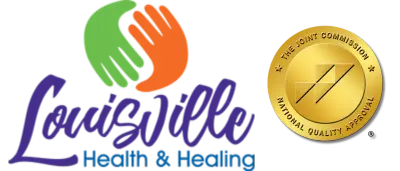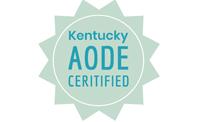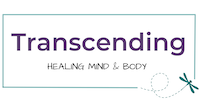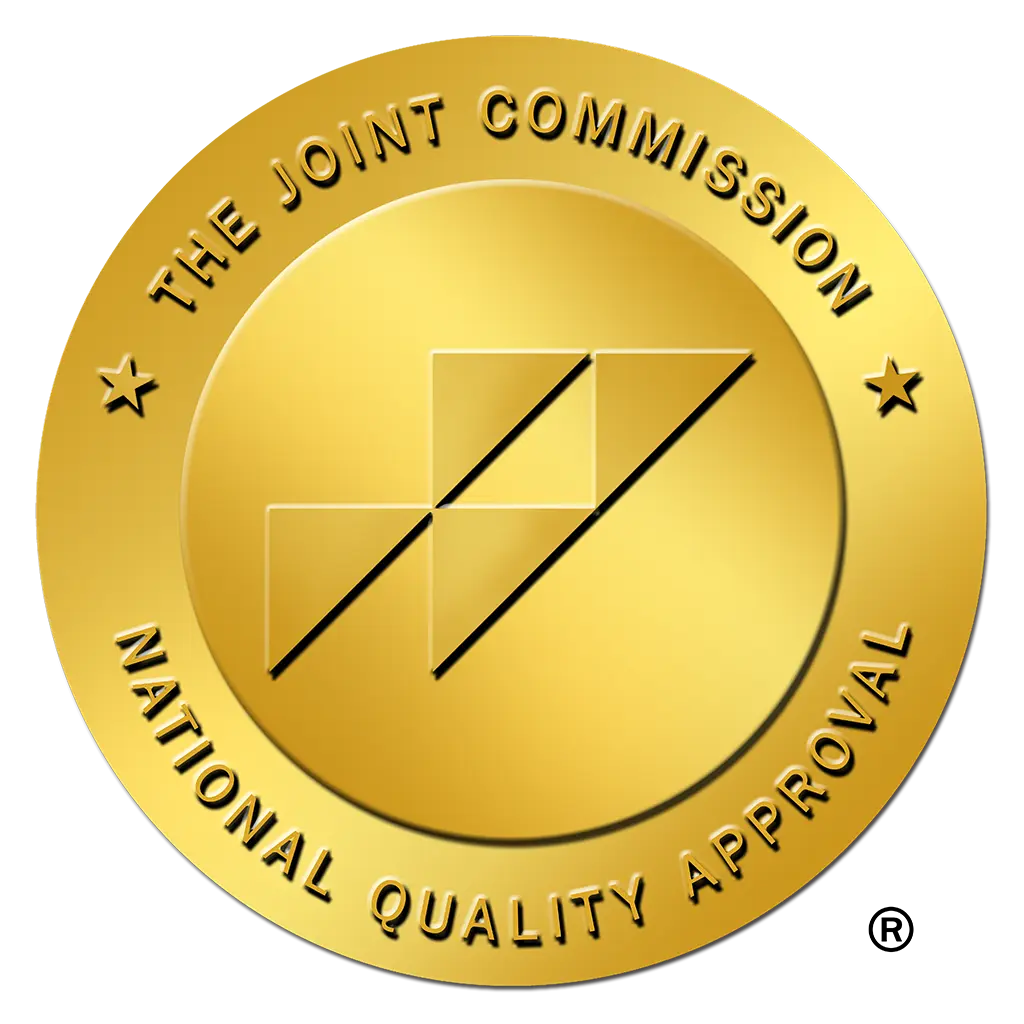Substance Abuse Counseling: A Path to Recovery
Substance abuse can have devastating effects on individuals and their loved ones, but there is hope for those struggling with addiction. Substance abuse counseling plays a crucial role in guiding individuals toward recovery and helping them reclaim control over their lives. In this brief blog post, we’ll explore the importance of substance abuse counseling and how it can be a lifeline for those seeking to overcome addiction.
Empathetic Support:
Substance abuse counseling provides individuals with a safe and nonjudgmental space to explore their struggles with addiction. Counselors offer empathetic support, understanding, and validation, creating a therapeutic alliance based on trust and respect. This compassionate approach helps individuals feel heard, valued, and supported as they navigate the challenges of recovery.
Exploring Underlying Issues:
Addiction is often rooted in underlying issues such as trauma, stress, or unresolved emotions. Substance abuse counseling delves into these underlying issues, helping individuals understand the factors contributing to their addiction. By exploring the root causes of their substance abuse, individuals can gain insight into their behaviors and develop healthier coping mechanisms.
Developing Coping Skills:
One of the primary goals of substance abuse counseling is to equip individuals with the tools and skills they need to manage cravings, triggers, and stressors without resorting to substance use. Counselors teach practical coping strategies, such as relaxation techniques, problem-solving skills, and healthy communication methods, empowering individuals to navigate life’s challenges with resilience and confidence.
Setting Goals and Creating a Plan:
Substance abuse counseling involves collaboratively setting goals and creating a personalized treatment plan tailored to the individual’s needs and aspirations. Counselors work with individuals to identify their strengths, values, and motivations for change, guiding them toward achievable goals and milestones in their recovery journey.
Building a Support Network:
Recovery from addiction is not a journey that individuals need to undertake alone. Substance abuse counseling helps individuals build a strong support network of friends, family, peers, and community resources. Counselors connect individuals with support groups, community organizations, and other recovery resources to provide ongoing encouragement, accountability, and camaraderie.
Substance abuse counseling offers hope, support, and guidance to individuals struggling with addiction. Through empathetic support, exploration of underlying issues, development of coping skills, goal-setting, and building a support network, counseling serves as a vital resource on the path to recovery. If you or someone you know is battling substance abuse, reaching out to a substance abuse counselor can be the first step toward healing, growth, and a brighter future.







